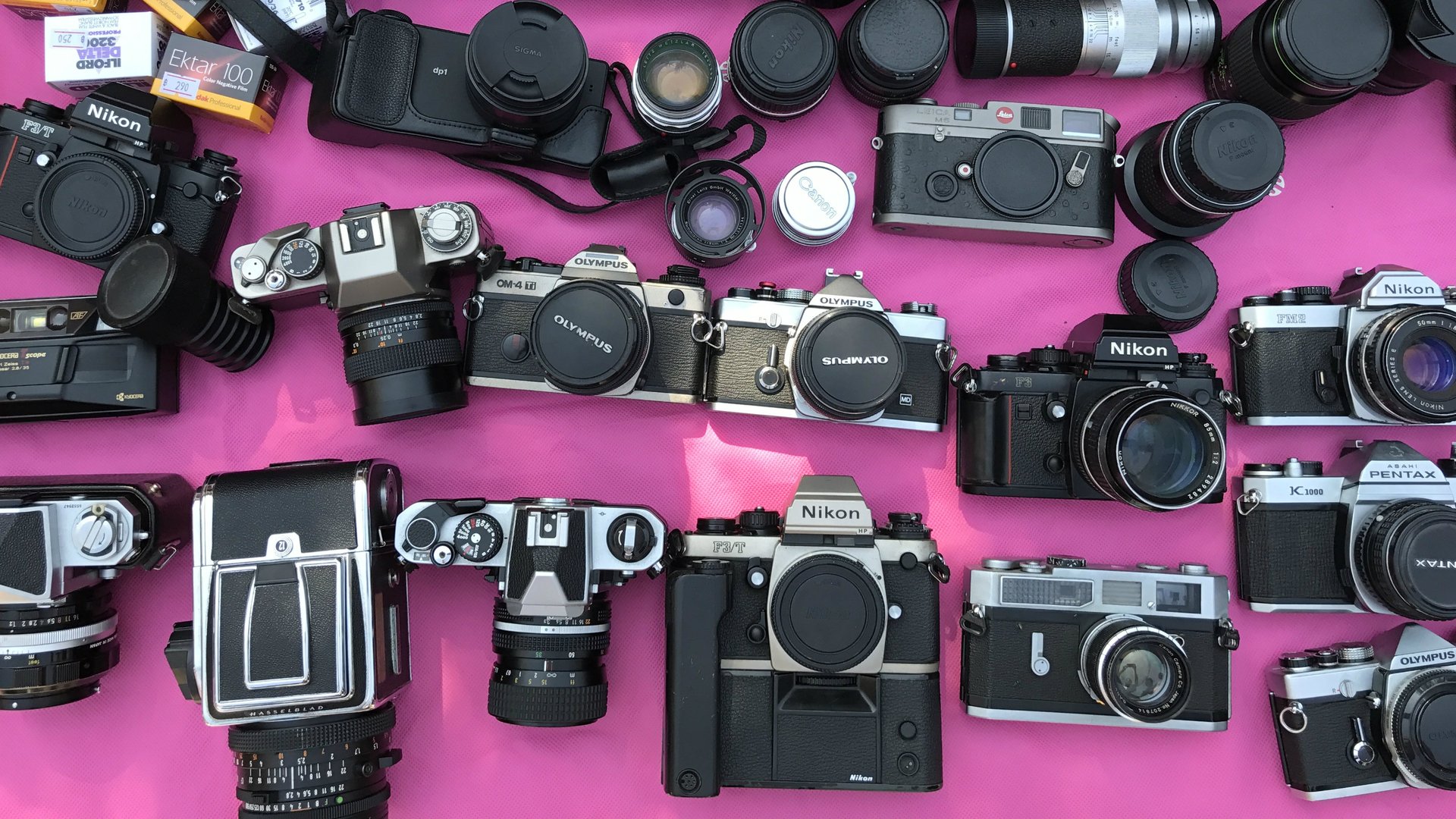The case against prolific Instagram use is all about protecting your memories
Here’s a hot tip for this summer vacation season: Stop. Put the camera down. Don’t take that photo.


Here’s a hot tip for this summer vacation season: Stop. Put the camera down. Don’t take that photo.
A study published recently in the Journal of Applied Research in Memory and Cognition details two experiments, each producing evidence that in situations where people snap photos, their memories of those situations will fade more than in those in which they did not reach for their cameras. These findings, by two University of California-Santa Cruz researchers, ostensibly discredit the idea that by taking photos, we can offload our own organic memories and store them in pictures.
It’s an interesting conclusion for scientists to come to during a time when the ubiquity of smartphones sticks high-quality cameras into the hands of tens of millions of people who eagerly post photos of their lives on Instagram, Facebook, Snapchat, and other social media every day. If people exchange lives immersed in moments for lives spent taking, filtering, and posting their photos to the internet ether, what does that say about their actual lived experience?
In 2014, a Fairfield University researcher named Linda Henkel published work in the journal Psychological Science in which she detailed taking people on a tour of a museum where they were invited to take photos of objects.
“If participants took a photo of each object as a whole, they remembered fewer objects and remembered fewer details about the objects and the objects’ locations in the museum than if they instead only observed the objects and did not photograph them,” the study says.
One running hypothesis is that when people stop to physically take a photograph, they temporarily disengage from the moment they are living to handle that quick task. As a result, this theory suggests, their brains encode the moment less deeply than they might otherwise. In their research, the UC-Santa Cruz researchers sought to take Henkel’s work to a new level. They enlisted 42 undergraduate students and put them individually through three different scenarios when looking at artwork on computer screens.
- Look at the art without a camera.
- Look at the art and take a photo.
- Look at the art and take a photo knowing the photo would disappear, similar to a Snapchat-style application.
Each student was shown 15 different paintings, five in each scenario. They were then administered a test with 30 multiple choice questions about visual details of the artwork—two for each of the 15 paintings that were presented during the experiment. Overwhelmingly, subjects scored higher when asked to recall details about photos they did not photograph, followed by instances in which they took a normal photo, and then the times in which the Snapchat program used scored lowest.
In a second experiment (involving 51 students this time), the researchers switched things up a bit. The replaced the Snapchat-like scenario with one where the subjects would take a photo, look at it on their smartphone screens, then delete it. This gave them more time to study the actual art, rather than simply snap a shot and move to the next piece. The researchers also decided to give the subjects more time with the individual artworks when they were told to take photos than when they were simply told to observe them without a camera.
Again, the test results were highest for students when they had no camera, and were asked simply to observe the art. The next highest score went to students who took a photo. And the lowest score went to those who took photos, examined them, and then deleted them (though test results for this were higher than for the students in the Snapchat setting).
So where does that leave the bulk of Instagram- and Snapchat-obsessed amateur photographers?
“Although it remains to be seen whether the present results generalize to other types of conditions, they do suggest that taking photos can impair a person’s ability to remember the details of the experiences being photographed, an effect that appears to linger even after the camera has been put down,” the researchers wrote in their study.
This might be instructive for people looking to go on exotic summertime vacations during the warmer months of the year. Put the camera down and live a little—maybe you’ll soak up more of the experience.